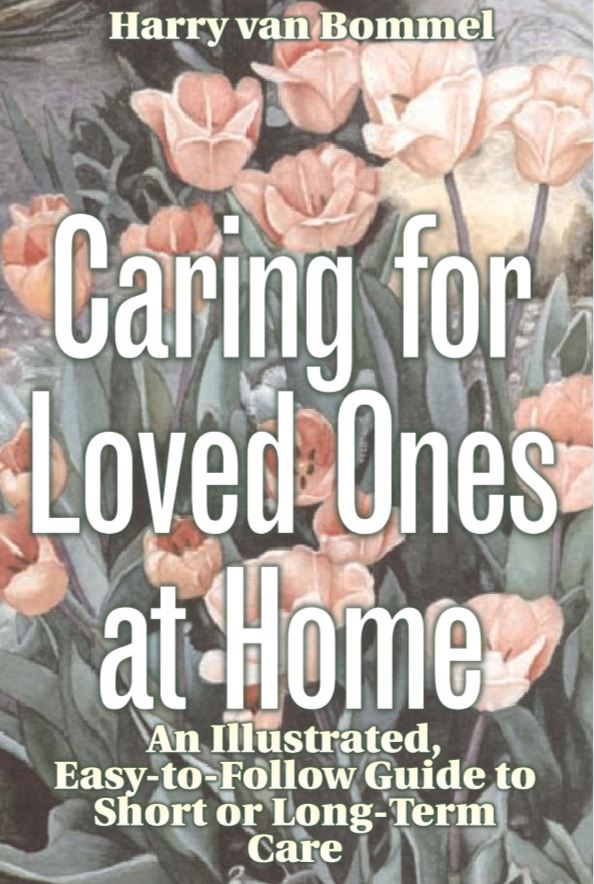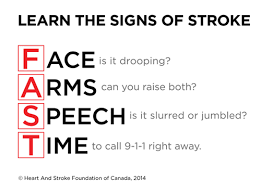Talk to your doctor and health care team about who should be called for what type of emergency. Keep a list of their names and telephone numbers by the telephone and in your pocket. What may feel like an emergency may only need some telephone help from your doctor, nurse, social worker or home care case manager.
In almost all other emergency situations where you cannot deal with whatever is happening, call 911 or your local hospital, fire department or ambulance service. Do not call 911 if someone has died a natural, expected death at home, except in Quebec where legal procedures are in place to prevent resuscitation efforts on behalf of emergency staff. Instead, call your family doctor who can tell you what you should do next.
If you are expecting to care for someone at home, and have enough time to plan for that situation (e.g., someone is having surgery in 6 months) take an emergency first aid course or upgrading program. There are also family health care programs offered through local organizations including St. John Ambulance, The Red Cross, community colleges and others. The more you know about what to do in an emergency situation, the more comfortable you will feel and the more control you will have during the situation.
As with all good planning, you should think about what you will do in different situations before they happen. Just as we should plan our fire escape route from our home, we should also know what to do if someone gets seriously ill at home. The more we think about these situations in advance, the more we will act naturally and with relative calm if the situation ever happens.
Caring For Loved Ones – Free Ebook – click here.






















